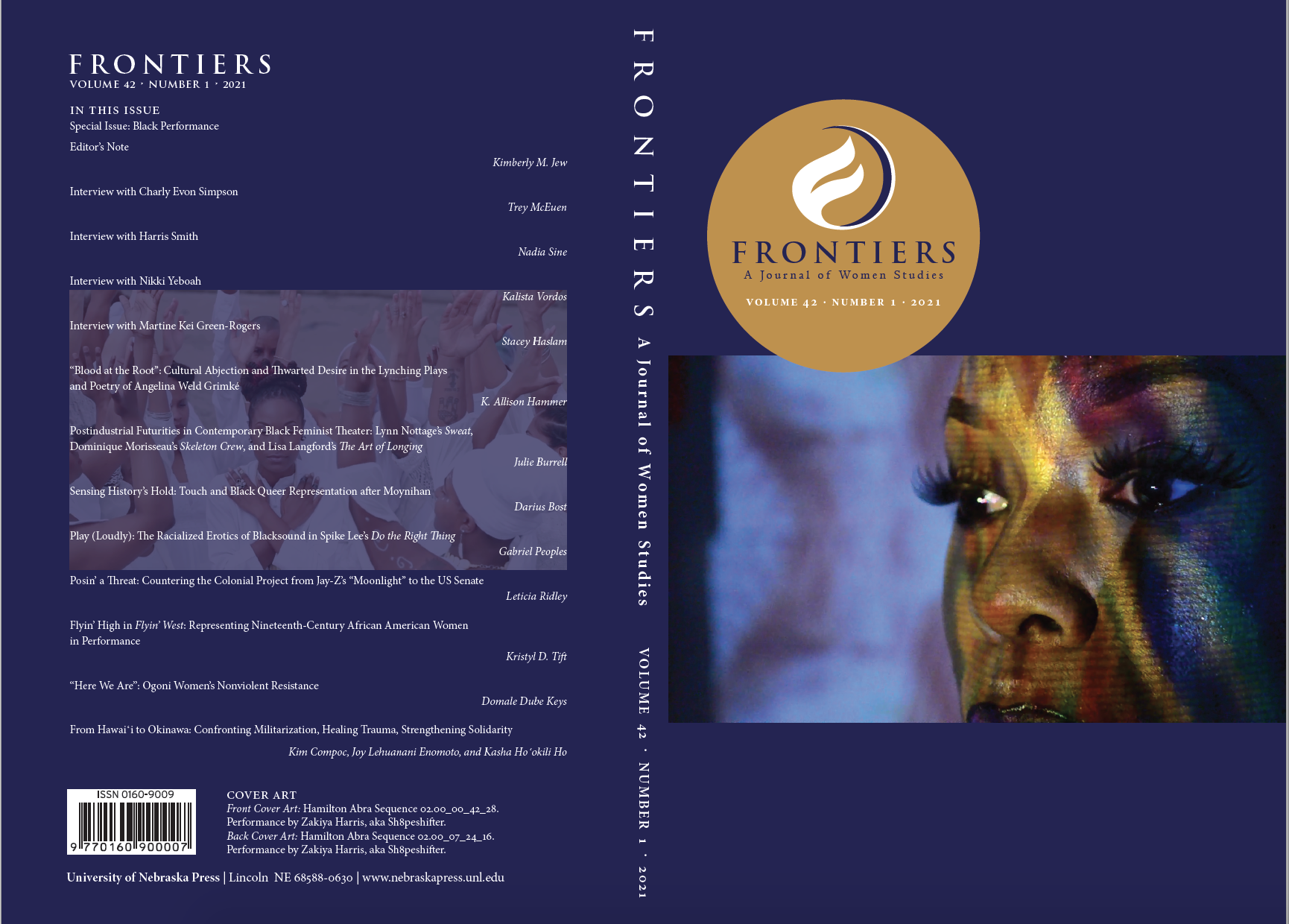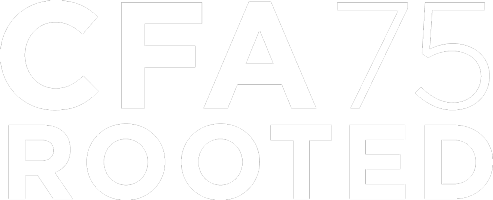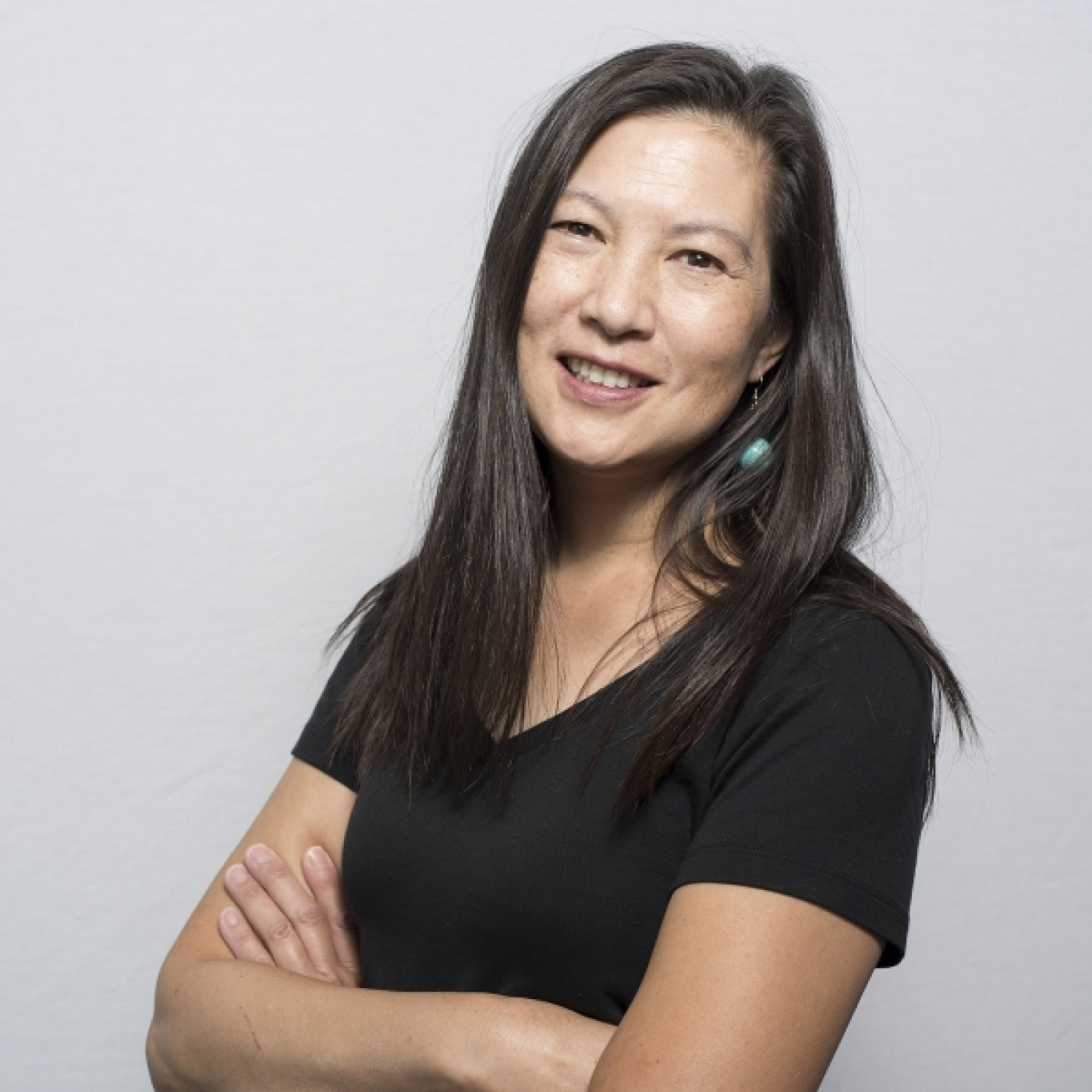MAGNIFYING is a series dedicated to showcasing the talent of our students, faculty, and staff to help you learn more about the remarkable individuals within our creative community here at the College of Fine Arts.
Kimberly Jew holds a joint appointment in the Departments of Theatre (Associate Professor) and Ethnic Studies. She received her doctorate from New York University, master’s from Georgetown University and bachelor’s from UC Berkeley. She teaches a wide range of topics ranging from Asian American and Pacific Islander studies, to theatre history, dramatic literature, and script analysis. Her expertise lies in modern and contemporary theatre with a research focus on American, Asian American and Pacific Islander theatres.
Dr. Jew has directed numerous university productions and has also composed and edited a collaborative performance project based on local letters to the editor – Lexington’s Letters to the Editor. Furthermore, she has written on a variety of topics, exploring the intersections of feminism, postcolonialism, theatrical experimentation and ethnic identity. Her essays can be found in the journals of Pacific Coast Philology, Pacific Asia Inquiry, MELUS, and in the edited collections, Literary Gestures (Temple University), and Seeking Home (University of Tennessee Press), to name a few.
She is currently co-editor of "Frontiers, a Women Studies Journal," housed at the University of Utah and University of Nebraska. She is editing two special volumes for this journal: “Staging Feminist Futures” and “Black Performance.” One of the highlights of her time at the University of Utah has been serving in a coordinating role for the Diversity Scholars program where she worked with students of color and/or first-generation college goers.
How did you become interested in theatre?
My interest falls into a familiar tale: I saw theatre growing up. My imagination and sensations were awakened at an early age. I remember seeing "Give a Dog a Bone" in London and being fascinated by a strange, frolicking figure of a “man-dog.” I remember seeing "Joe Turner’s Come and Gone" (and that suitcase!), plus many other plays, at the American Conservatory Theatre in San Francisco – as a child. I didn’t always understand the stories in detail, but I felt an emotional fullness and release. I knew that something important about Life was being expressed through these imaginary worlds. To me, it was an act of magic. You take this big, empty, building-sized box, turn down the lights - and you create this fascinating, momentary energy. Then it’s gone. Poof!
I feel really fortunate to have a joint appointment here at the U. I get to engage with a wide range of practices, theories and outcomes, always seeking to find areas of commonality and mutual wisdoms.
How did you choose what to study in your undergraduate studies? What motivated you to go back for your master’s and doctorate degrees?
For better or worse, I’ve always followed my feelings. As soon as I entered college, I sensed that I could live a very full life as a professor. I loved the idea of studying a passion, and sharing that excitement and knowledge with students. I loved hearing my professors talk about their work with one another. I’ve always been a text-based person and so I studied English for my bachelor’s and master’s degrees. I studied Educational Theatre at New York University for my doctorate as it was the perfect combination of dramatic literature and history, with a focus on practical, educational applications. All of this has led to my interest in Ethnic American theatre – where art is generally shaped by an urgent desire to impact the world in tangible terms, especially in regards to exploring diverse identities, cultural histories, racism, and social inequities.
Can you tell us a little about you share your expertise through a joint appointment in Theatre and Ethnic Studies? Why is this combination important to you?
I feel really fortunate to have a joint appointment here at the U. I get to engage with a wide range of practices, theories and outcomes, always seeking to find areas of commonality and mutual wisdoms. I’ve been most intrigued to see how the Theatre & Ethnic Studies majors react when I get to walk across the bridge a bit with them. My Ethnic Studies majors gain a little bit of freedom of form while exploring theatre, and my Theatre majors get to practice and deepen their appreciation of personal perspectives and social contexts. As a side note, I'm very excited to begin my new role this summer as the Program Head for "Theatre Teaching," one of the six programs in the Theatre Department. I will be standing on the broad shoulders of Professor Xan Johnson in serving in this capacity, and I can't wait to begin working with students committed to their love of both Theatre and Teaching.
What’s one moment you consider truly groundbreaking in your professional life?
Speaking of personal perspectives, I am always reminded of a conversation I had while I was teaching at a state school in a depressed part of northwest Pennsylvania. As the school year was ending, I was chatting with a student about her plans for the summer. I was excited for her, assuming she’d enjoy a break from classes. But this is what she said: “Actually, Professor Jew, I’d rather stay in school. All I do for summers is work in the factory. The school year is my break from all of that.” I learned early in my career that we should never assume; always be aware that we might be short-sighted or just plain wrong. Listen to others, pay attention to students’ lives. They are entering stage left while we are slowly exiting stage left.
How did you get involved with "Frontiers", and how does your editorial work inform your teaching?
"Frontiers" has been an amazing collaboration between the divisions of Gender Studies & Ethnic Studies, both housed in the U’s new School for Cultural and Social Transformation. This journal is one of the oldest women’s studies journals in the United States, starting as it did in the Mountain West region in 1975. While working as a co-editor with Professors Wanda Pillow and Darius Bost, I’ve been offered the chance to deeply embrace the feminist practices of collaboration, consensus building, and shared leadership – all important and hot topics in theatre practice and industry standards today! 
Leading the cultivation of two special journal volumes that focus on theatre, gender, and race – “Staging Feminist Futures” (February 2021) and “Black Performance” (May 2021) – has been a highlight of my time at the U. What’s more, “Black Performance” features interviews conducted by our very own Theatre students. Interviewees include former U faculty members, Professors Harris Smith and Martine Kei Green Rogers.
Connections between the School of Cultural and Social Transformation and the College of Fine Arts are a rich part of my journey at the U. Currently I am working with a Musical Theatre major, Eva Merrill, on a Transform “Small Research Grant” – this summer we will explore and document what feminism means to young women today.


